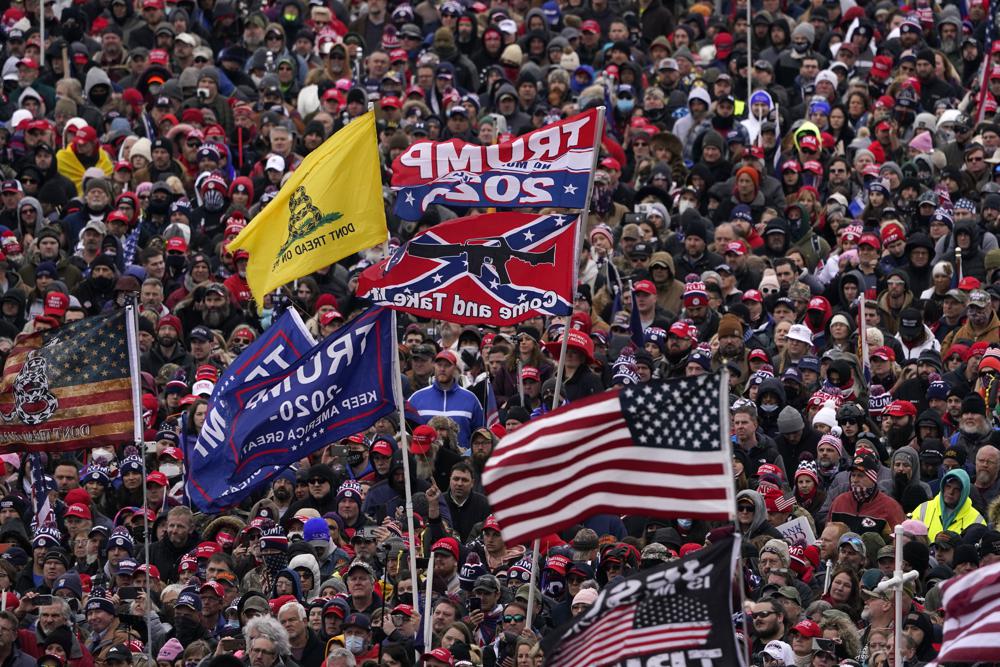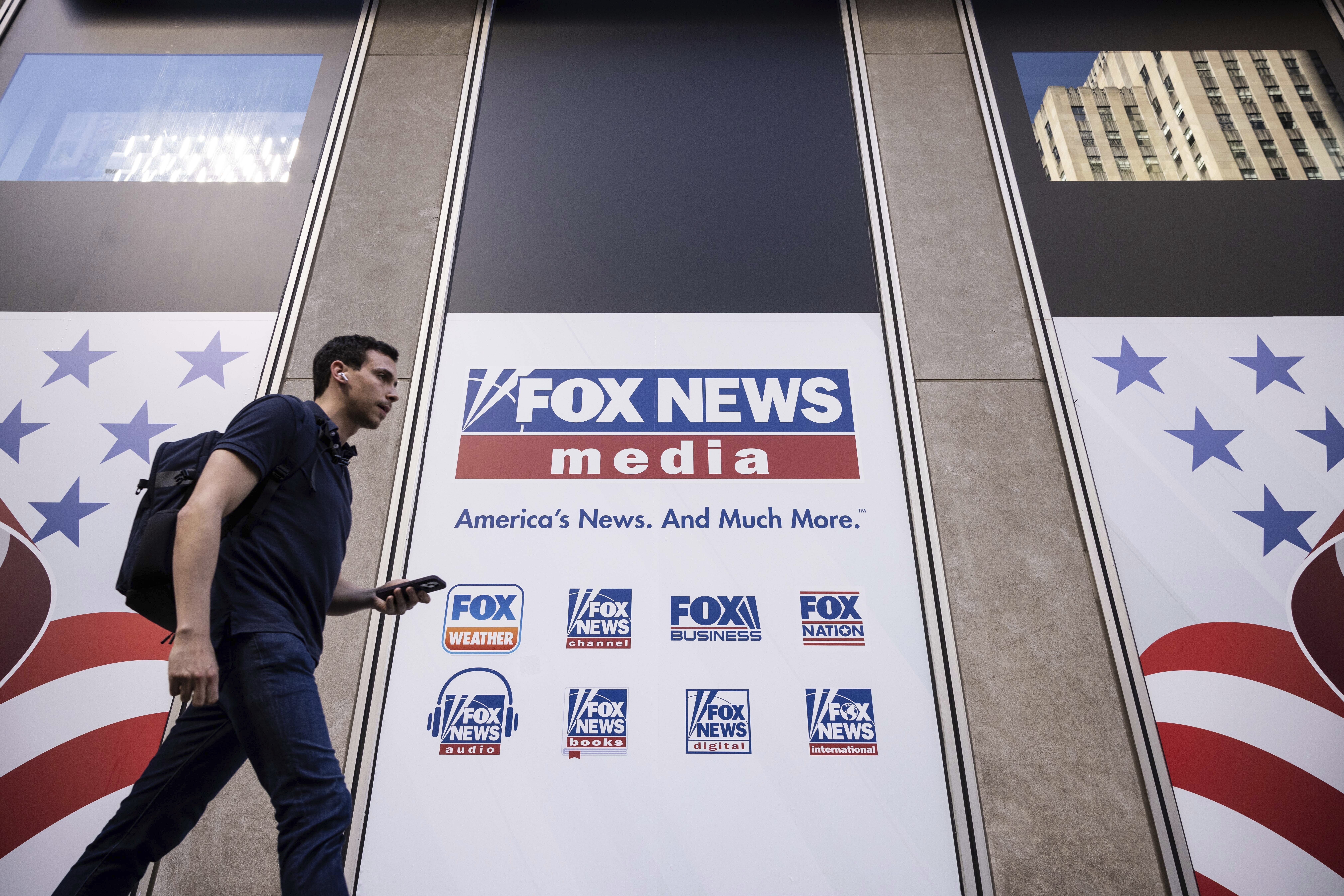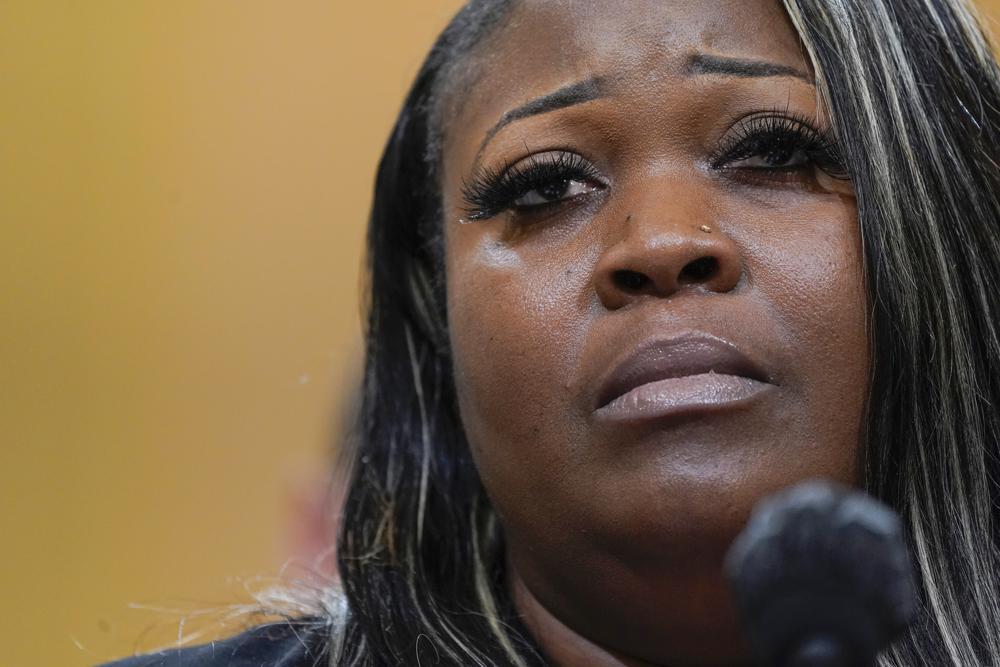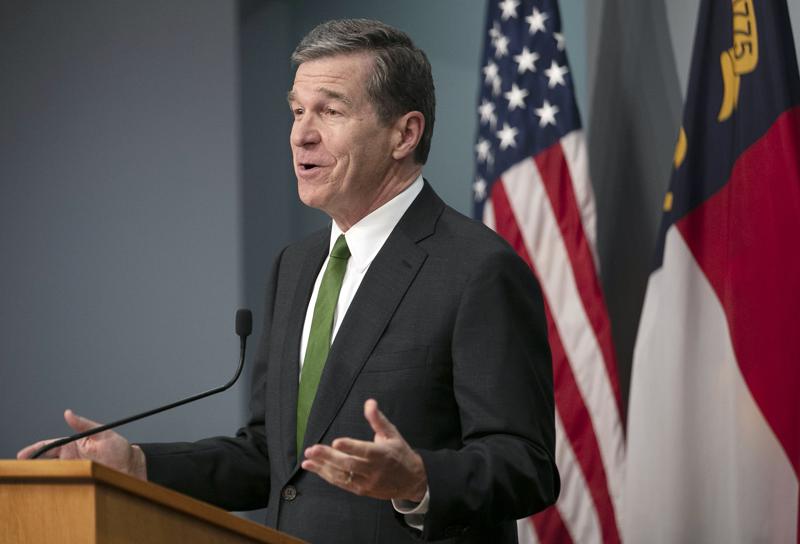Newly released polling data shows North Carolina is likely to be a close match-up in the 2020 presidential election, while Governor Roy Cooper looks favorable to win re-election to a second term.
Public Policy Polling released it’s first polling results related to the 2020 election cycle last week. They spoke to 750 North Carolina-based registered voters between the days of January 4 and the 7 over the phone and through an online survey.
And based on what they found, Cooper might just breathe a little easier heading into his re-election campaign. The responses from voters on how Cooper is handling his job were favorable with 44 percent approve of the job he is doing and 35 percent disapproving. At the same time in Pat McCrory’s governorship, North Carolinians disapproved of the job he was doing by four percentage points in a similar survey.
Tom Jensen, director of Public Policy Polling, spoke to Aaron Keck last Thursday about these latest polling results.
“Cooper has held up with his popularity much better over the first couple of years of his governorship than his two immediate predecessors have,” he said.
Also in Cooper’s favor, Jensen said, were the poor numbers put up by the current governor’s likely Republican opponents. Lieutenant Governor Dan Forest all but declared his candidacy for the race last August when he declared that a Forest Administration would be able to fix the I-77 tolls project. But the results here show Forest has bad name recognition among voters, and trails behind Cooper by 12 points in a hypothetical match-up.
The polling also asked about five other hypothetical Republican challengers in 2020. Pat McCrory proved the closet match, with only five points between him and Cooper.
The number surrounding the presidential election in 2020 are a lot narrower, Jensen said.
“Really, the way that those shook out was, the higher the name recognition for the Democrats, the better they did against Trump,” Jensen said. “Trump got 44 to 46 percent no matter who he tested against him. But the Democrats got varying levels based on how well known they were.”
For President Trump, 46 percent approved of the job he was doing, while 50 percent disapproved in these polls. Against hypothetical Democratic challengers Joe Biden and Bernie Sanders, Trump scores around five and three percentage points below them, respectively. He tied likely contenders Elizabeth Warren and Kamala Harris and led by several points over Beto O’Rouke and Cory Booker.
A key group in the elections might turn out to be those who did not pick one way or the other in these polls. Jensen said that crucial group of undecided voters still have a lot of time to swing one way or the other.
“They are the kind of voters who just dislike everyone, and its just going to be a question who they are going to dislike more when we get to 22 months from now. The tendency is for those voters who dislike everyone is to generally vote for the party that is out of power. So that would probably be good news for Democrats, but there’s also plenty of time in the next 22 months for Democrats to antagonize these voters even more than Republicans do.”
Related Stories
‹
![]()
Early Voting Starts in Orange County, New Polling Site AnnouncedEarly voting starts Thursday February 13 and Orange County residents are gearing up to cast their ballots in local, state and national elections. This year, instead of holding its primary election in May, Orange County will hold elections on what is known as ‘super Tuesday.’ Otherwise known as the day where the greatest number of […]

Former Democratic North Carolina Gov. Roy Cooper Will Run For Senate In 2026Former Democratic Gov. Roy Cooper will run for the U.S. Senate in North Carolina, giving Democrats a proven statewide winner.

Lawmakers Brace for Trump’s Promised Jan. 6 Pardons. Some Are Urging RestraintLawmakers brace for the prospect of President-elect Donald Trump soon pardoning many of the more than 1,500 people charged over Jan. 6 2021.

How Election Lies, Libel Law Were Key to Fox Defamation SuitWritten by JENNIFER PELTZ and NICHOLAS RICCARDI Fox News settled a major defamation lawsuit for $787.5 million on Tuesday, according to the voting machine company that sued the top cable news network. The settlement avoids a trial that could have shed additional light on former President Donald Trump’s election lies, revealed more about how the […]
![]()
Hearing: Trump Told Justice Dept. To Call Election ‘Corrupt’Written by ERIC TUCKER and FARNOUSH AMIRI Donald Trump hounded the Justice Department to pursue his false election fraud claims, striving in vain to enlist top law enforcement officials in his desperate bid to stay in power and relenting only when warned in the Oval Office of mass resignations, according to testimony Thursday to the […]

This Just In: Grace Under PressureOn this week of Juneteenth, America watched as a leader stepped forward to tell her stories with grace under pressure. Unbridled heroism, unfettered patriotism and steely courage under life-threatening pressure. That leader wasn’t Mike Pence, who did the right thing on January 6th after doing the wrong thing for the four years preceding. Despite their admirable […]
![]()
1/6 Panel To Hear Of Trump’s Pressure on Justice DepartmentWritten by ERIC TUCKER The Jan. 6 committee will hear from former Justice Department officials who faced down a relentless pressure campaign from Donald Trump over the 2020 presidential election results while suppressing a bizarre challenge from within their own ranks. The hearing Thursday will bring attention to a memorably turbulent stretch at the department as Trump in his final […]

1/6 Panel Probes Trump Pressure on Pence To Reject ElectionWritten by LISA MASCARO and MARY CLARE JALONICK The 1/6 committee is set to plunge into Donald Trump’s last-ditch effort to salvage the 2020 election by pressuring Vice President Mike Pence to defy historical precedent and reject the electoral count in the run-up to the U.S. Capitol riot. With two witnesses Thursday, the House panel intends to show how […]
![]()
Trump Faces Flurry of Investigations Beyond Jan. 6 ProbeWritten by MICHAEL R. SISAK, KATE BRUMBACK and JILL COLVIN As Donald Trump’s lawyers try to block the White House from releasing records to the congressional committee investigating the Jan. 6 Capitol insurrection, the former president faces a flurry of other investigations that could come to a head in the coming weeks and the new year. That […]

Three Chapel Hill Residents Appointed to NC Boards and Commissions by Gov. CooperGovernor Roy Cooper revealed appointments for different North Carolina Boards and Commissions on Friday, with three Chapel Hill residents among those selected. Cooper named Ashley Lefler Wilson to the North Carolina Awards Committee as a member-at-large, while Sarah West was appointed to the North Carolina State Board of Community Colleges and Dr. David Ansong to […]
›







